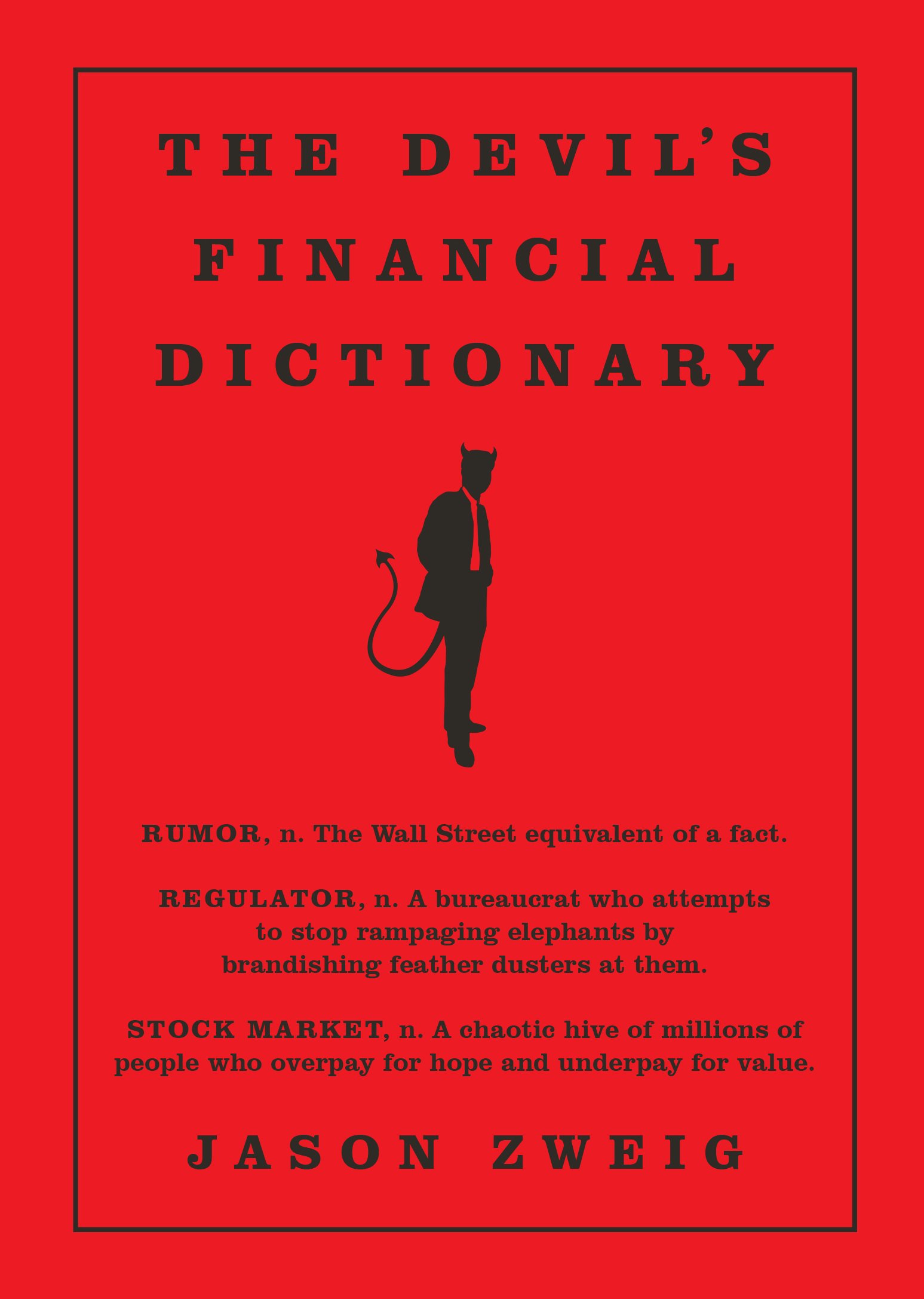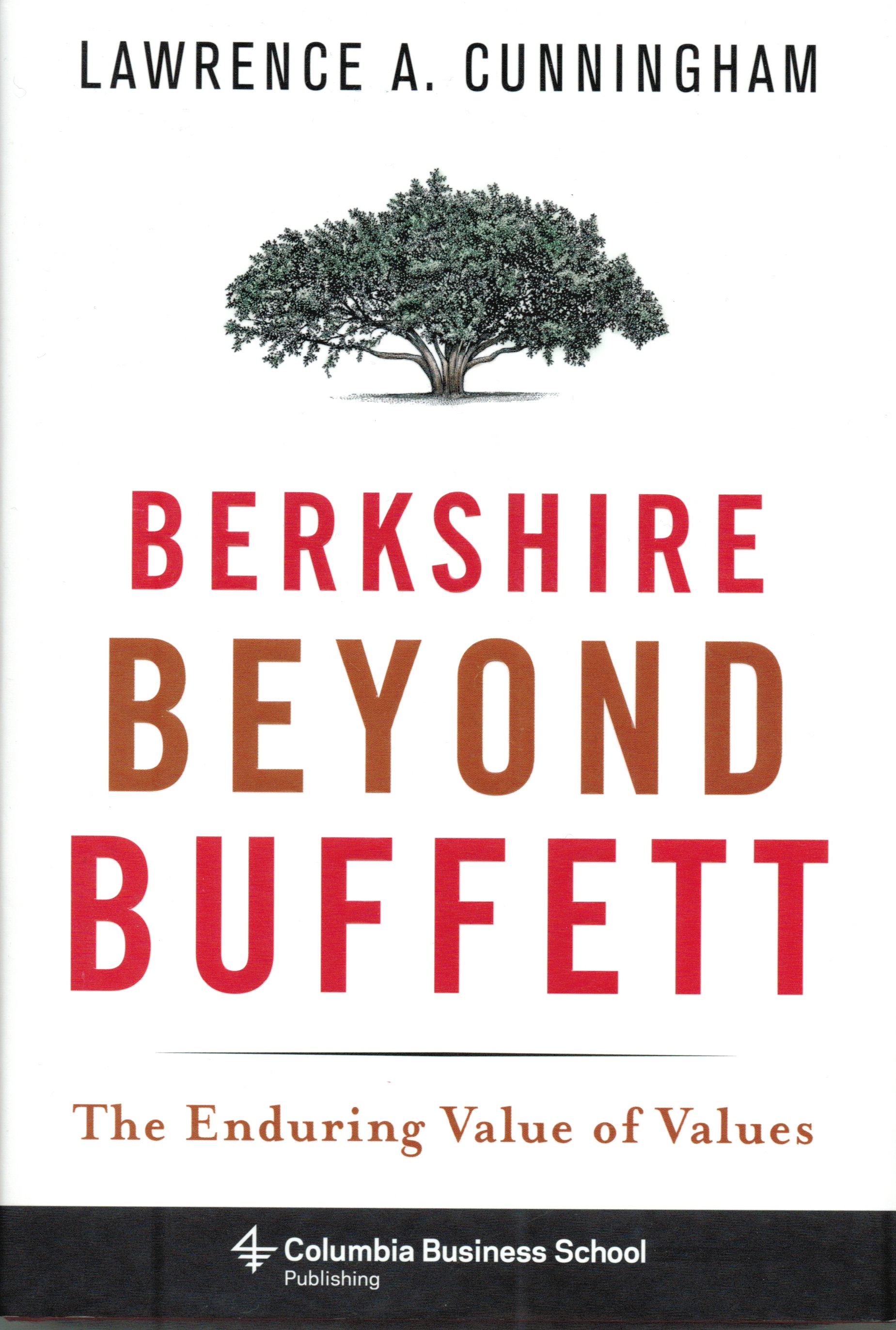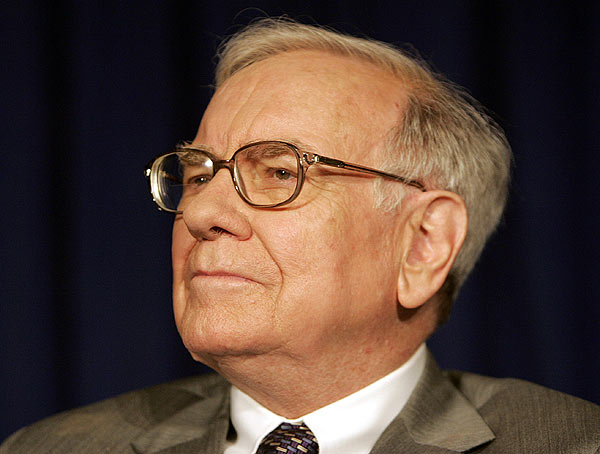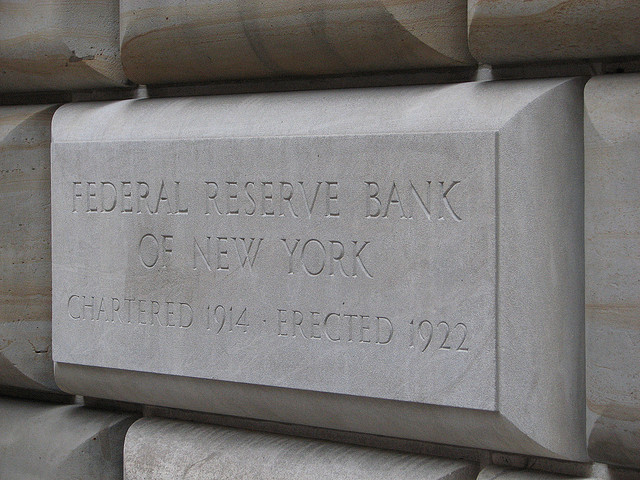On Investment Charlatans

There are many ways to try to cheat people in the investment world. ?You can promise them:
- No risk (an appeal to fear)
- High returns (greed)
- Secret knowledge (can appeal to either or both fear and greed)
- An easy life, free from the worries common to man.
- And more…
For virtually every human weakness or sin, there is a road to cheating men. ?This is why it is difficult to cheat a truly honest man, because an honest man is:
- Industrious — he knows most ways to improve his lot in life involve considerable work, whether physical or mental.
- Skeptical — he knows not everyone is honest, and there are many that pursue ways that harm themselves or others.
- Self-controlled — he doesn’t need to become wealthy, but if it comes bit-by-bit, he can handle it.
- Unafraid — he doesn’t scare easily, and there are many purported scares out there. ?There are always people trying to make money off of apocalyptic scenarios. ?(Believe me, in a truly apocalyptic scenario, where the government breaks down, or you lose a war on your home soil — no one wins. ?And, there is no way to prepare.)
- Studious, and has wise?friends — he doesn’t quickly buy novel reasoning, or unfamiliar concepts without testing them, and running them past his personal “brain trust.”
- Patient — he can’t be rushed into something, and he can walk away.
- Virtuous — when he does commit, he holds to it, and makes good on what he promised. ?He expects the same of others, and does not deal with those of bad reputation.
There’s more, and I don’t hold myself out to be perfect here, but that is a part of what I aim for. ?If you are like this, you will be very difficult to cheat.

With that wind-up, here is the pitch: I ran across a video while doing my usual work, when I saw a picture of Buffett. ?Now, everyone wants to invoke Buffett because he is a genuinely bright guy on all affairs affecting money and wealth. ?Many who do so twist what Buffett has done for their own ends. ?You can see the graphic used to the left.
So this guy posits that Buffett got rich off of “Guaranteed Income Certificates.” ?You can listen to the whole 39-minute video, and never learn what a?Guaranteed Income Certificate is. ?This is a tactic to make you think that the video-maker has hidden knowledge. ?He does not lie, per se, but dances around what it is and how Buffett has used them. ?I figured out what he was talking about in a about two?minutes, but only because the language was so discursive, with many rabbit-trails.
So what is the vaunted?Guaranteed Income Certificate?
Preferred stock.
Preferred stock?
Yes, preferred stock, that hoary creation that gets wiped out when most firms go into bankruptcy. ?There are few cases where the preferred stock is worth anything in a crisis. ?It is far from guaranteed. ?It has all of the disadvantages of a bond, with none of the countervailing advantages of common stock, which can provide strong returns.
Geek note: why is preferred stock called preferred? ?Three, maybe four reasons:
- Its dividend payment can only be unpaid if the common dividend is unpaid first. ?It has a dividend payment priority.
- If the dividend is eliminated, preferred stockholders as a group typically gain representation on the Board of Directors.
- In bankruptcy, they receive preference over the common shareholders when the company is recapitalized or liquidated. ?That said, in bad scenarios, their claim is the second lowest of all claims — behind the secured creditors, the government, lawyers, general creditors, bank debt, and unsecured bonds. ?Believe me, that preference on common shareholders is not a big protection.
- The preferred dividend is usually, but not always higher than the common dividend.
All preferred stock is is a promise to pay dividends if the company can do so without going broke, and ahead of the common shareholders. ?Like all risky investments, you can lose it all. ?Average recovery in bankruptcy for?preferred?stock is?around 5 cents on the dollar, versus 40 cents for most bonds,and 80 cents on bank debt.
Now, Buffett has done some clever things with preferred stock that is convertible into common stock, or alongside common stock or warrants. ?Occasionally he has bought some regular preferred stock as an income vehicle for his insurance companies. ?But Buffett almost never plays merely for income, he wants the gains that come from stocks.
Now, I didn’t listen to the whole video — after five minutes of the beautiful voice dancing around the issue, I stopped it, right clicked, downloaded it, and went?to the end. ?As is common with these sorts of videos, it makes it sound easy, as if infinite income could be yours if you just buy this service. ?They sell you on what your dream life will be like: you will have more than enough money for vacations, you’ll never have to work again, you can spend as much time visiting the faraway grandchildren…
The guy who put the video together, and sells his service, was big on hiding things behind new names that he concocted:
- Preferred stock becomes Guaranteed Income Certificates
- Venture Capital / Private Equity becomes Doriot Trusts
- Master Limited Partnerships?become Secret Oil income Streams
- Royalty Trusts are treated as a novel investment, rather than the backwater that it is.
The presentation is also expert in lying with true statistics, making the ordinary sound extraordinary. ?It also has the “but wait, there’s more!” pitch, where they throw in a bunch of old reports to make the deal seem sweeter. ?The cost of the newsletter if saved for the very end — beware of those that won’t tell you the cost up front. ?Good deals will always show you the price early. ?Charlatans hide the price.
There are no secrets. ?There is no easy road to an easy, wealthy life. ?I want to end this post ?the way I ended a similar post called “On the 770 Account,” which was a code name for permanent life insurance. [Sigh. ?Oddly, that post still gets a lot of hits, probably because no one has stepped forward to call that one out.]
Final Note
THERE ARE NO SECRETS IN MONEY MANAGEMENT! ?THERE ARE NO SECRETS IN MONEY MANAGEMENT! ?THERE ARE NO SECRETS IN MONEY MANAGEMENT!
There is no secret club. ?There are no secret formulas. There are a lot of clever lawyers, accountants, and actuaries that the wealthy employ, but for average people, the high fixed costs won?t make it work.
If you want to be wealthy, you have to run your own firm, run it well, providing value to many. ?Don?t listen to those who say they have an easy way to wealth. ?They are lying, and are looking to make money off of you. ?Those who give you free advice are using you in some way. ?(Wait, what does that make me to be? Sigh.)
Signing off, your servant David, who does this for his own reasons?










